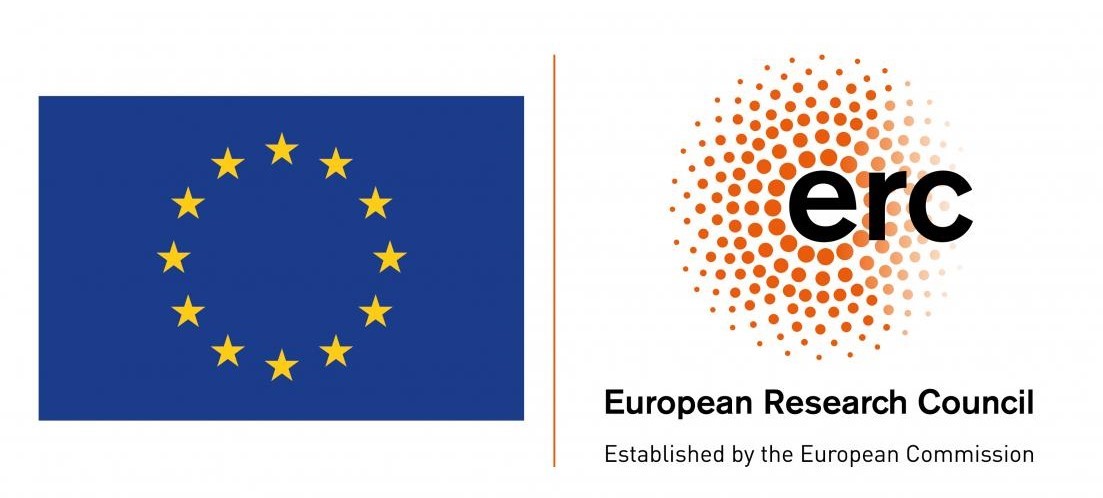Individualized Interaction in Discourse (IDDISC)
About the Project
Humans adapt the content and form of their utterances to different interlocutors (students vs. colleagues vs. granny), and monitor the level of understanding in their conversational partner. Today's NLP systems are however largely blind with respect to individual variation in language comprehension, which in turn leads to misunderstandings and lack of naturalness in the interaction.
The vision of project IDDISC is to enable individualized language interaction with computer systems, such that information or explanations generated by a system will fit the user and the situation, by explicitly modelling their state of understanding. This project will break new ground by addressing individual differences in comprehension at the pragmatics and discourse level, i.e. with respect to the inferred meaning that goes beyond the literal meaning of an utterance.
This project will make it possible to reduce the risk of misunderstandings, and enable adaptation of automatically generated language (e.g., explanations, summaries) to specific users. The new statistical methods and crowd-sourcing paradigms developed as part of this project will open the door to other researchers for investigating individual differences in all areas of language processing.
News
- The Workshop on Individual Differences in Reading (IndiREAD) organized by our lab took place at Saarland University on November 26-27, 2025. Fore more information, please, visit the workshop website.
- Cesare Spinoso (McGill University and Mila, Canada) gave a talk “(RSA)²: A Rhetorical-Strategy-Aware Rational Speech Act Framework for Figurative Language Understanding” on July 24, 2025, 10 a.m. in room 2.11, building C7 2.
- Runyi Yao (Oxford University, UK) gave a talk “Establishing causal relations in discourse processing” within the ERC-IDDISC project on November 25th, 2024, from 13:00 to 14:00 in building C7.2, conference room 2.11. The talk details are here.
- Workshop “Generalized additive mixed-effects modeling” taught by Joshua Krause (University of Groningen, Netherlands) took place on November 5th and 6th, 2024 from 9:00 to 14:30 in C7.2, meeting room 2.11. The workshop details are here.
- Joshua Krause (University of Groningen, Netherlands) gave a talk on “Unraveling latent cognitive progresses: A new Approach for modeling experimental effects” on November 5th, 2024, from 15:00 to 16:00 in building C7 4, the conference room 1.17. The talk details are here.
- Niels Taatgen (University of Groningen, Netherlands) visited the IDDISC project from April 23-25, 2024, to collaborate on an ACT-R model of individual differences in pragmatic reasoning. He also gave a LangSci colloquium talk on April 24, 10am: “Cognitive skills: the building blocks of human intelligence”.
- Michael Franke (Universität Tübingen) visited the IDDISC project from March 18-21, 2024 to collaborate on models of pragmatic reasoning and experimental pragmatics. He presented his results on “RSA model for conditionals and causal inference” on March 18 and also gave a talk in the LangSci colloquium entitled "Cognitive & Language Sciences in the age of Large Language Models” on March 19.
- The Workshop on Individual Differences in Pragmatics and Discourse (IndiPRAG) organized by our lab took place at Saarland University on September 18-19, 2023. For more information, please visit the workshop website.

